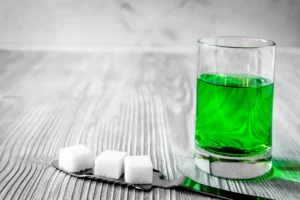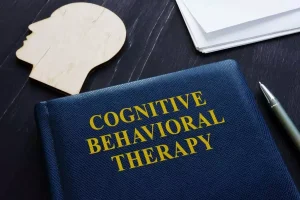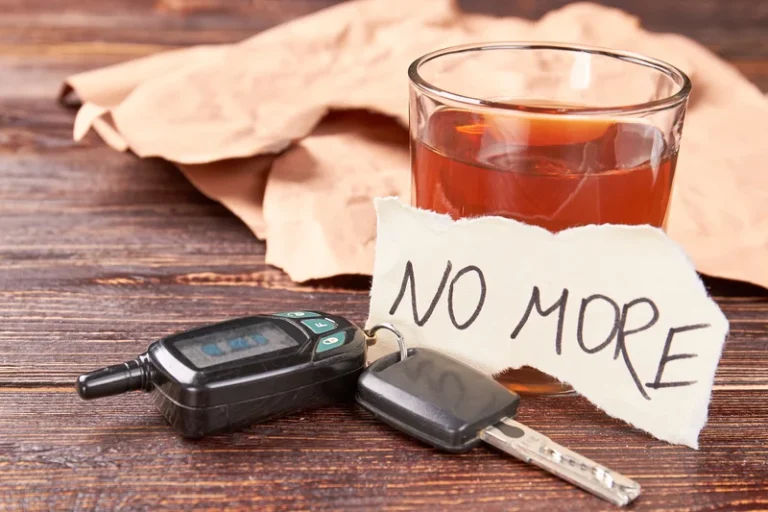Some studies highlight the impairment caused by alcohol consumption on processing emotional faces. One such study involved a sample of 85 social drinkers who were described as being low or high trait anger based on their responses to the anger expression index of the State-Trait Anger Expression Inventory-2 (STAXI-2) (Eastwood et al., 2020). They first consumed alcohol and were asked to recognize the emotions of different faces on a computer task.
- Extreme happiness, or euphoria, is another common experience during drinking.
- This disruption in alcohol-related cortisol signaling and the need to drive the homeostatic HPA axis rhythm back to functional levels may be one component of the enhanced motivation for alcohol in those who drink alcohol at binge and heavy levels.
- All treatment sessions included a breath test to ensure that participants had .000 BAC; if not, the session was rescheduled.
- Anger also contributes to relapse via psychological and interpersonal influences.
- It is thus possible that therapists did not abide by treatment manuals and procedures or did so poorly, outside of awareness of the supervisors.
- Thanks to generous benefactors, your gift today can have 5X the impact to advance AI innovation at Mayo Clinic.
Treatment Options for Alcohol Abuse & Addiction
By studying subjects’ responses to various social cues and stimuli with and without the influence of alcohol, researchers found that drinking alcohol made people more sensitive to certain behaviors while also being less likely to follow social norms of politeness. Essentially, drinking makes us less likely to withhold our reactions when we’re angry or annoyed. Third, although women comprised 48% of the sample, low statistical power prevented an assessment of gender as a possible moderator of treatment outcomes. Future research should assess gender as a moderator of treatment outcome and use that information to inform the content of alcohol-adapted anger management for alcohol dependent men and women.
Why Alcohol Impacts Behavior
- When alcohol suppresses these regulatory functions, it can affect how you express your thoughts and emotions, including anger.
- Perhaps our friends play it off as funny, or maybe they downplay it due to their own insecurities — whatever the reason is, if our environment makes our “inner Timmy” feel welcome, he’s more likely to show up.
- I’ve observed this pattern over several decades in helping clients deal with anger.
- According to a review from 2017, alcohol is more likely to cause personality shifts related to negative emotions, but that doesn’t mean anger is the most common emotional experience while drinking.
- They were directed to engage in a task with the potential to trigger aggressive verbalizations, with those who consumed alcohol showing significantly more such behavior.
- However, these drugs have pros and cons, so these should only be used after consulting a professional.
- On the flip side, alcohol dependence commonly leads to significant withdrawal symptoms that are often side effects of alcohol addiction.
Have family members or others mentioned concerns about your alcohol consumption? Did you recently experience an incident that stemmed from your alcohol-related aggression? These situations alcoholism and anger likely spark emotions when you think about them — perhaps you feel embarrassed or ashamed. No matter the reasons behind feeling anger when drinking alcohol, such behavior can be harmful.
The Difference Between Anger and Aggression
At a simple level, anger, irritability and low frustration tolerance are common as a person copes with alcohol withdrawal and making significant life changes. Alcohol consumption reduces negative emotional states, including anger, and is negatively reinforcing via tension reduction (Sher & Levenson, 1982). Anger also contributes to relapse via psychological and interpersonal influences. Enhancing anger management skills may improve coping with anger as well as enhance accessing other cognitive and behavioral coping skills disrupted by anger arousal. Although the relationship between alcohol and behavioral aggression is complex (Cavell & Malcolm, 2007), meta-analyses consistently suggest that alcohol increases aggression (Bushman & Cooper, 1990; Hull & Bond, 1986; Ito, Miller, & Pollock, 1996).
What’s Behind the “Angry Drunk” Phenomenon.
It has been linked to a higher risk for dementia, especially early-onset dementia in a study of 262,000 adults, as well as to smaller brain size. Professional treatment for alcohol-related anger can help avoid the habit of drinking and decrease https://ecosoberhouse.com/ the likelihood of alcohol-related aggression. Sometimes, a victim who has experienced abuse or mental trauma may get addicted to alcohol. It happens because such a person would seek escape from the painful thoughts of previous trauma or abuse.
Social factors of alcohol and rage
The findings indicate that aggressive men are more inclined to automatic emotion regulation (attributed to OFC and rectal gyrus) in response to provocation compared to aggressive women (Repple et al., 2018). In a separate study involving 24 men and 11 women, alcohol alone had no effect on the amygdala and ventral striatum; however, their activities were positively correlated with aggression in response to provocation. Alcohol decreased their bold responses in the right PFC, thalamus, hippocampus, caudate, and putamen. Neither gender had any significant impact on the results (Gan et al., 2015). Contrary to this, a single administration of 0.5 per thousand alcohol was shown to reduce frontal interhemispheric connectivity in female participants, but not in male participants (Hoppenbrouwers et al., 2010). Intergender neurological and behavioral responses to alcohol are also influenced by ethanol metabolism (Arthur et al., 1984) and influences of hormones such as testosterone, cortisol, estradiol, progesterone, and oxytocin (Denson et al., 2018).
Potential Effects of Alcohol-Related Aggression
- The presence of significant difference was seen for relapsers group in relation to trait anger and state anger.
- The link between anger and alcoholism is cyclical—they can exacerbate each other if left unchecked.
- Consuming alcohol can serve as a distraction from a range of negative feelings, including anger.
Clients can learn healthy stress management and coping skills to diffuse anger and other negative thoughts in group and individual therapy sessions. Emotional regulation skills and relapse prevention tools are also taught. Through behavioral therapy and counseling, a person is better able to recognize how their thoughts tie into their actions. They can learn to recognize potential triggers and how to safely manage them. One aspect of the research the author has conducted with the support of NIAAA, and which is the topic of this article, has focused on identifying the physiological and neural effects, as well as the subjective and cognitive effects, of binge and chronic alcohol use. This research also has explored the factors that influence these effects and investigated whether these effects can be reversed or normalized to allow for recovery from any of the long-term changes that occur with binge and chronic alcohol misuse.
Want to protect your brain? Here’s what you need to know about alcohol consumption.
Ethanol is a natural product that is formed from the fermentation of grains, fruits, and other sources of sugar. It’s found in a wide range of alcoholic beverages including beer, wine, and spirits like vodka, whiskey, rum, and gin. If we hang out with people who throw digs at each other (or at us) or normalize alcohol-induced aggression, it’s more likely to make an appearance. Perhaps our friends play it off as funny, or maybe they downplay it due to their own insecurities — whatever the reason is, if our environment makes our “inner Timmy” feel welcome, he’s more likely to show up.





